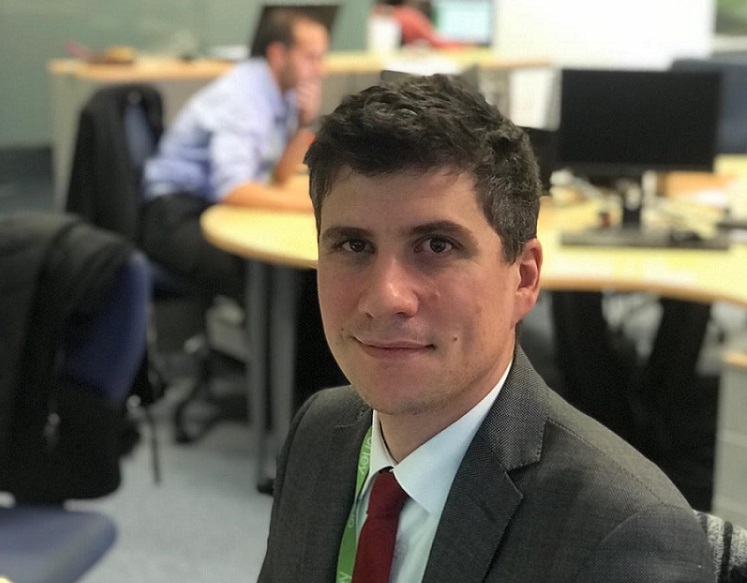Dino Di Tomassi is Italian and a registered lawyer in Madrid. In his professional career, he has international experience acquired in multinational companies operating in different European markets and he studied the ISDE Corporate Law Master in the previous edition. When choosing a postgraduate program, Di Tomassi recommends opting for one that, in addition to being excellent at the academic level, is useful in the workplace.

Most of your professional career has been focused on legal advice for companies as an internal lawyer, what advantages does it offer before compared to a law firm?
I would not talk so much about advantages, but about a different approach. Legal advice, whether from an external lawyer or an internal one, is specified in a legal opinion in which the professional assesses risks and provides advice to his client.
However, the level of knowledge of the business, the dynamics and the technical limits of a company reached by a lawyer from its legal counsel, often allows him to provide a more concrete, understandable and, therefore, useful work for the recipient
Therefore, I would say that the most interesting thing in the work of an internal legal counsel is the possibility of analyzing every aspect of the sector in which the company operates, from the legal framework to the most technical aspects, thus achieving a 360 degree view of the business.
Why did you choose the Master in Corporate Law of ISDE? In what has it contributed to you in your professional career?
I chose the Master in Corporate Law, for the interdisciplinary vocation of the program, which allows in depth legal, tax, technical and even human aspects of business life. The knowledge acquired during the master allows me to carry out my duties with more creativity and security.
Of all the experience in the program, what do you value most?
The passion with which some teachers knew how to transmit their knowledge, facilitating and accelerating learning and colleagues with whom, after close collaboration during the master, I have maintained a friendly relationship.
What advice would you give to a law student who, after finishing his degree, is thinking about taking a master’s degree?
That they follow their inclinations, but not without forgetting that the master you choose has to be useful for the labor market in which you want to operate.
From your personal experience, to what extent is it important to speak languages and have international experience to access the labor market? And to promote?
Speaking languages is very important if we consider that each language can open one or more new markets to the professional, multiplying the chances of finding the job that you like the most. The international experience is nothing but the reflection or the consequence of the use of languages. However, I think that to promote, languages can be more or less useful depending on the context (multinational or not) of the company in which you work.


